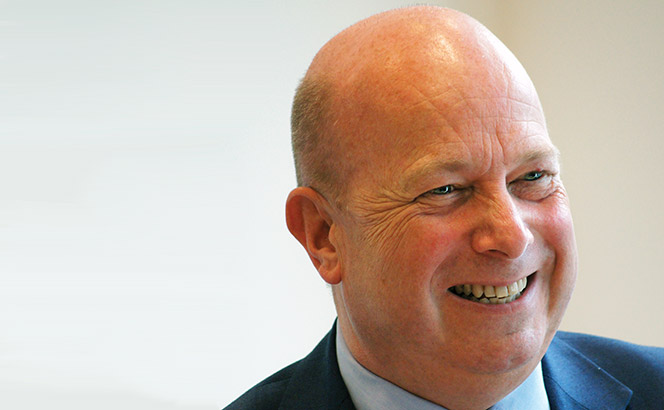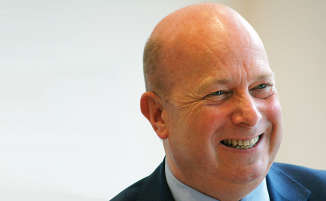Clifford Chance (CC) is piloting a radical reform to the way it assesses the performance of its associates and counsel, removing utilisation as a metric when reviewing compensation.
The firm announced today (2 May) it has launched a year-long trial of the new system for 65 lawyers in its Dubai and Abu Dhabi offices, whose base salaries and bonuses will be reviewed based on criteria including time spent on business development, professional growth and engagement with the firm’s innovation strategy.
The review process will drop the target of 1,800 billable hours to allow for a broader assessment of each lawyer’s contribution to the firm. The goal is to incentivise efficiency and improve the way the firm delivers its services.
Chief operating officer Caroline Firstbrook said the focus on utilisation had ‘a number of broadly acknowledged limitations, most notably that it does not directly incentivise efficiency or contributions to non-billable work that may be invaluable to the firm’s overall strategy’.
Managing partner Matthew Layton (pictured) added: ‘With this pilot, we are trying to break the dominance of that single metric and allow our teams to think more broadly about where their time is best spent. This may mean investing in time spent developing and applying process improvements to matters, rather than straightforward matter delivery.’
The pilot will not, however, mean that CC’s Middle East lawyers will no longer be recording their time: they will have desktop dashboards showing how much of their time has been spent on different sets of activities, including financial information about the matters they are working on. The firm said this was done in order to ensure the evaluation of the pilot was based on comparable data.
Firstbrook concluded: ‘By running a pilot on this scale, with a large number of data points, associate input and partner and management feedback, we expect to be in a position to draw informed conclusions on the way ahead for the firm.’
While CC claims to be the first large law firm to explicitly advocate taking billable hours off the equation, a number of firms have in recent years proposed reforms to the way they assess lawyers’ performance.
After a one-year pilot, Hogan Lovells last year replaced formal annual reviews of its associates with a programme of continued feedback. Called Pathways, the system assesses performance in quick sessions with partners.
In 2016/17, Allen & Overy piloted a similar scheme to ditch annual appraisals for 500 of its fee-earners and business support staff. Linklaters also ditched individual partner targets and annual assessments two years ago to focus on team performance.












